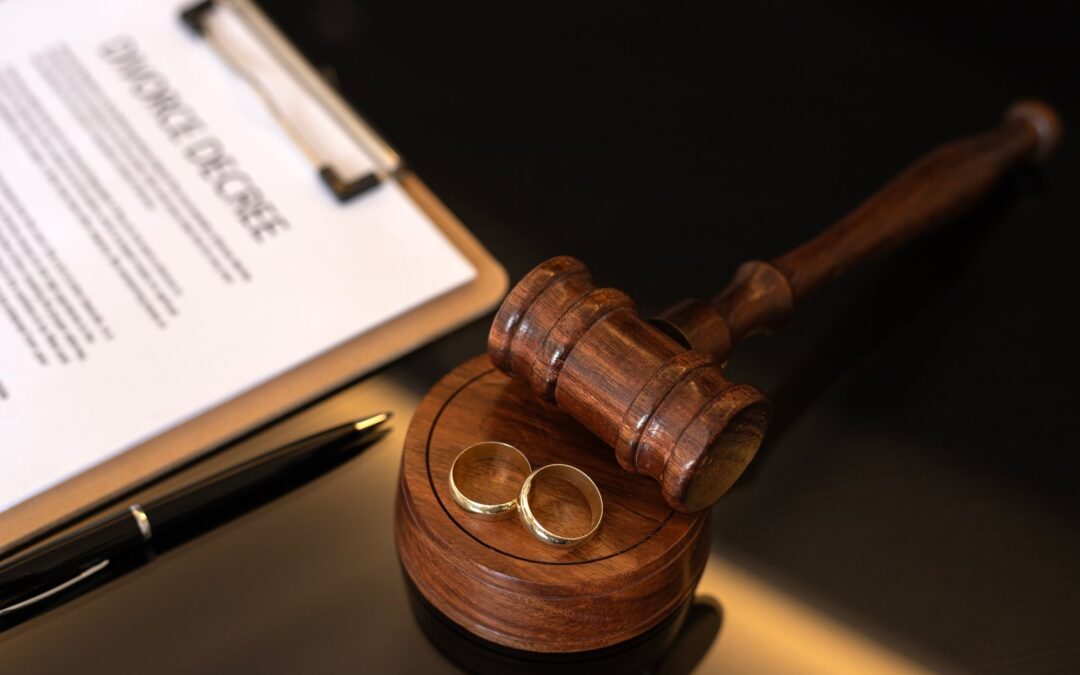Divorce can be expensive especially when the parties are far apart in their positions. The longer it takes to resolve their disputes, the more legal expenses become an issue. Courts can direct who pays legal fees, but that doesn’t mean it will allow a party to spend without limits. It is important for both parties to understand how attorney’s fees are paid in divorce.
New York law allows a judge to order either spouse to pay the attorney’s fees and expert witness fees of the other spouse. There is a legal presumption that the monied spouse will pay attorney fees for the non-monied spouse. This enables the less monied spouse to afford equal legal representation and not be at a disadvantage in the divorce action. In two-income families, the court with consider the relative income and assets of the spouses and the level of disparity between them. In addition, it may look at the source of their funds and their spending habits.
A party can also be awarded attorney’s fees if the other party intentionally inflated fees by prolonging litigation. Courts want to encourage settlement and may pass the cost of the lawyers to a party who acts unreasonably in settlement discussions. For example, a less monied spouse may not get attorney’s fees if he or she rejected several settlement offers and then later accepted the same offer, resulting in unnecessary additional fees. Furthermore, the less monied spouse may be ordered to pay a portion of the other spouse’s fees in such a situation.
The court may also look at the reasonableness of the fees, including the necessity of the services rendered, complexity of the case, the results achieved, and the reasonableness of the amount.
While the intent of the law is to help ensure each spouse is properly represented, both sides should be aware of how and when attorney’s fees are awarded to avoid problems.
If you considering divorce, contact us for a consultation to discuss how to get the best result in your case.

